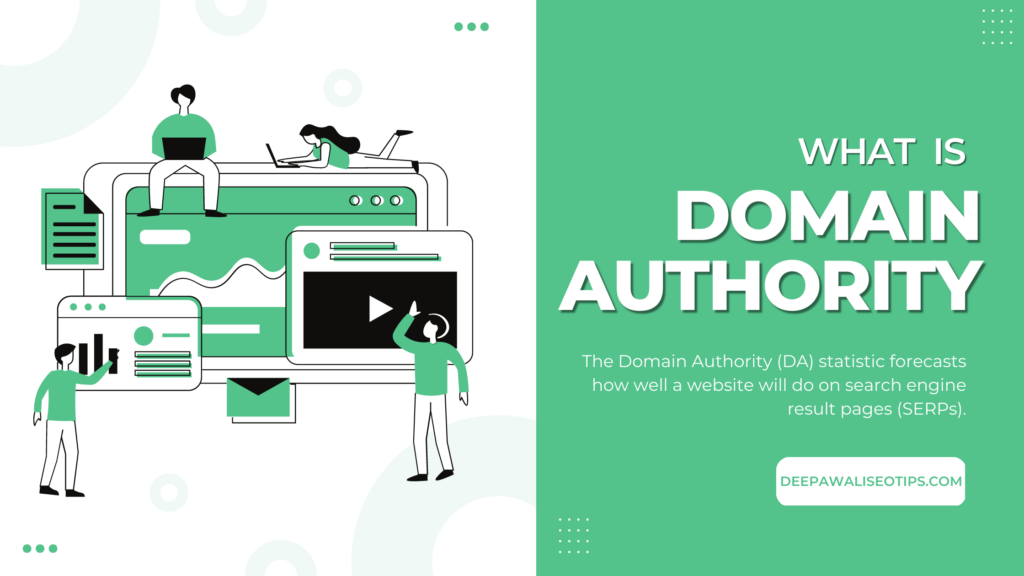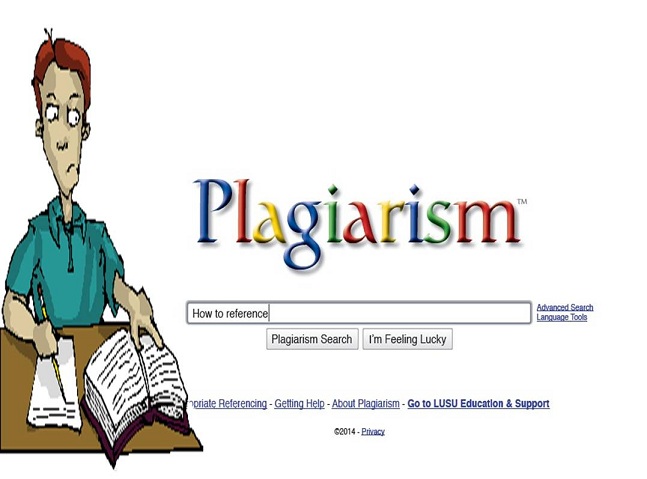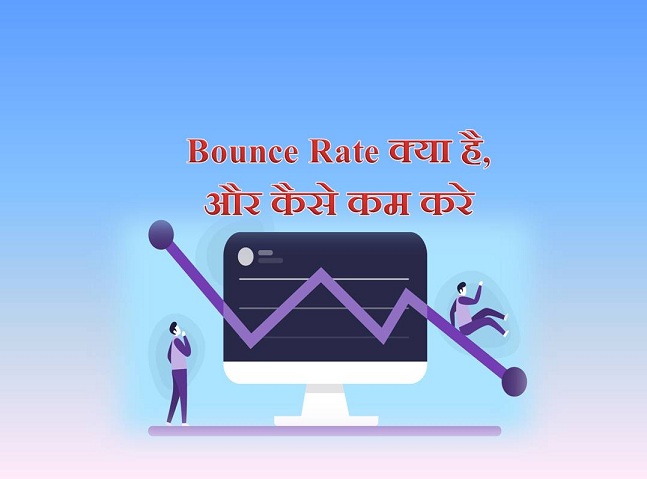
Developed by Moz, the Domain Authority (DA) statistic forecasts how well a website will do on search engine result pages (SERPs). It is based on a 100-point logarithmic scale and considers a variety of elements, including the quantity and quality of backlinks, the age of the domain, the website’s age, and the value and relevancy of its content.
A higher DA score suggests a greater possibility that the website will rank highly on search engine results pages, whereas a lower number suggests the opposite. As it can help raise visibility and deliver more visitors to a website, it is a vital indicator for SEO specialists to watch and improve.
SEO relies on Domain Authority because it predicts a website’s search engine ranking (SERP). Domain Authority is one of the metrics Google uses to rank websites. High Domain Authority scores increase SERP rankings and organic traffic.
Domain Authority can also be used to compare a website’s strength to others. This might help SEO experts compare their Domain Authority to their competitors and enhance it.
High Domain Authority also suggests a website is trustworthy, which can boost conversion rates and client trust. Thus, SEO specialists must improve their website’s Domain Authority and monitor it periodically to ensure that it performs effectively in SERPs.
Also Read: How to Purchase Domain Name
How Domain Authority is Calculated
Factors that Affect Domain Authority
1. Number of backlinks
Backlinks, also known as inbound links, are used to calculate a website’s Domain Authority. Backlinks come from other websites. Search engines give websites more authority with more backlinks.
However, backlink quality varies. Domain Authority considers backlink quality. High-authority backlinks are more valuable than low-authority ones. Low-quality backlinks can also lower a website’s Domain Authority.
Thus, SEO professionals should prioritize high-quality backlinks from industry leaders above quantity. Guest blogging, generating shareable material, and reaching out to other websites for link possibilities can accomplish this.
2. Quality of backlinks
Domain Authority also considers backlink quality. High-authority backlinks are more valuable than low-authority ones.
Backlinks help search engines assess a website’s authority. The more authoritative the website links to a site, the more valuable the connection.
Backlink quality is determined by several factors:
- Linking website authority
- The connected website’s industry or niche relevance.
- Link anchor text
- The linked webpage’s content’s relation to it
- Link location on connecting webpage (e.g. in the main content or in a sidebar)
- SEO specialists must form relationships with respectable industry websites, provide shareable content, and seek out other websites for link chances to get high-quality backlinks.
However, search engines also look for unnatural link patterns, such as buying links or participating in link farms, which can lead to penalties and lower Domain Authority.
3. Age of domain
Domain Authority also considers domain age. A more established website is usually more reliable and trustworthy.
Website registration dates indicate domain ages. Older domains are highly trusted by search engines. An older domain may have had more time to build backlinks, another Domain Authority consideration.
However, search engines consider more than a domain’s age when evaluating Domain Authority. If it has high-quality content and many high-quality backlinks, a new domain can have a high Domain Authority score.
Thus, SEO professionals should consider not just the domain age but also the website’s content, backlinks, and age.
4. Content quality and relevance
Domain Authority depends on a website’s content quality and relevance. Search engines use website content to determine its purpose and topic. High-quality, relevant, and informative content makes websites more authoritative and trustworthy.
Website content quality and relevancy are assessed by several factors:
- Originality: unique content is more valuable than duplicated content.
- Poor grammar and spelling degrade content.
- Length: lengthier, more in-depth content is usually better.
- Relevance: related stuff is more useful.
- User Experience: organized, easy-to-read information with headers, subheadings, photos, and videos is better than unstructured content.
- SEO requires high-quality, relevant, and informative content. It boosts Domain Authority, organic traffic, user engagement, and bounce rate.
Create valuable and interesting content to generate natural backlinks, which also affect Domain Authority. Thus, SEO pros must create high-quality content and promote it through numerous means to increase backlinks.
Tools for Checking Domain Authority
SEO pros can use Domain Authority tools to track and improve their website’s performance. Popular tools include:
- Moz Domain Authority (DA): Based on the amount and quality of backlinks, domain age, and other parameters, Moz estimates Domain Authority.
- Ahrefs Domain Rating (DR): This tool determines Domain Authority based on backlinks, domain age, and quality.
- SEMrush Domain Score: SEMrush determines Domain Authority based on backlinks, domain age, and website content quality and relevancy.
- Majestic Trust Flow (TF) & Citation Flow (CF): Majestic’s technology determines Domain Authority based on backlinks, domain age, content quality, and relevancy.
- Serpstat Domain Score: This tool determines Domain Authority based on backlinks, domain age, and website content.
These tools utilize different Domain Authority algorithms, thus scores may vary. They can be used to compare your website’s Domain Authority to your competitors’.
Use these tools to routinely check your Domain Authority score and compare it to your competition. SEO specialists can use this to assess their website’s Domain Authority score and enhance it.
Also, Check our Free Tools this will help you a lot in your blogging career: CLICK HERE
How to Improve Domain Authority
Building Quality Backlinks
1. Guest blogging
Guest blogging can boost Domain Authority by collecting high-quality backlinks. It entails writing for industry-related websites. Including a link to your website in the author profile or article can boost traffic.
Guest blogging can benefit both sides if done right. The host website gets new, high-quality content, and the guest blogger gets a backlink that can boost their Domain Authority.
Tips to maximize guest blogging:
- Find high-DA industry websites that allow guest posts.
- Produce high-quality, relevant, and educational content for the host website’s audience.
- Link to your website in the bio or content.
- Do-follow links convey link juice and boost Domain Authority.
- Follow the host website’s guest blogging requirements to ensure acceptance.
Guest blogging should be done sparingly because too many links from irrelevant or low-quality websites might hurt your Domain Authority. Avoid link farms and buying links to avoid search engine penalties.
2. Broken link building
Getting high-quality backlinks from shareable content boosts Domain Authority. It entails creating high-quality, relevant, and instructive material that other websites will connect to.
Shareable material can attract natural backlinks if done right. Your website will get more backlinks if people share your valuable content.
Shareable content tips:
- Choose themes that interest your readers.
- Write detailed, well-researched content.
- Images, films, and infographics improve readability and appeal.
- Search engines like keywords and meta tags.
- Promote your material on social media to increase visibility.
- High-quality backlinks from shareable content boost Domain Authority. Creating useful content can also boost organic traffic, user engagement, and bounce rate.
Creating shareable content takes work, but it can help you get high-quality backlinks and boost your Domain Authority.
ALSO READ: HOW TO START A BLOG AND MAKE MONEY
3. Creating shareable content
Shareable content can boost Domain Authority by attracting high-quality backlinks. It requires creating high-quality, relevant, and helpful material that other websites will want to link to.
Creating shareable content can help you get natural backlinks. If people like your material, they’ll share it, which can increase your website’s backlinks.
Tips for developing shareable content:
- Find your audience’s most relevant issues.
- Develop comprehensive, well-researched content.
- Visualize and simplify your material with images, videos, and infographics.
- Keywords and meta tags optimize content for search engines.
- Use social media to promote your work and reach more people.
- Shareable content can boost your website’s Domain Authority by attracting high-quality backlinks. Your website’s organic traffic, user engagement, and bounce rate can also be improved by generating useful content.
It takes time and effort to create shareable content, but it can help you get high-quality backlinks and boost your Domain Authority.
Optimizing On-Page Elements
1. Title tags and meta descriptions
Title tags and meta descriptions boost search engine visibility and Domain Authority.
Title tags display on the browser tab when a webpage is opened and in search engine results. Each page should have a distinct title tag with its main keyword.
Meta descriptions come after the title tag in search results and summarise a page’s content. They should be 155 characters and incorporate the page’s main keyword. Put a call-to-action in the meta description.
Title and meta description optimization tips:
- Title tags under 60 characters
- Title tags and meta descriptions should contain descriptive keywords.
- Each internet page should have individual title tags and meta descriptions.
- Meta description calls-to-action
On-page SEO includes optimizing title tags and meta descriptions to boost search engine exposure and relevancy. This can boost search ranks and organic visitors. It can also help consumers grasp the website and increase click-through rates.
2. Headings and subheadings
Headings and subheadings boost a website’s Domain Authority by organizing, legible, and search engine-relevant information.
Headings (H1, H2, H3, etc.) organize web material by hierarchy. The page’s title should be the H1 heading. Subheadings (H2, H3, etc.) split up text and make reading easier.
Heading and subheading tips:
- One H1 heading per page.
- Use headings and subheadings with descriptive keywords to organize information.
- Make sure headers and subheadings match the text.
- Headings and subheadings can make information easier to read and arrange. It helps search engines understand content structure and hierarchy and can boost search rankings. It can also assist users in quickly grasping the page’s core topic, increasing click-through rates.
3. Alt tags for images
Alt tags describe image content on a webpage. These tags assist search engines to interpret a website’s images, which can boost its Domain Authority and search ranks.
Alt tags help visually impaired screen reader users by describing images in the language.
Alt tag tips:
- Use descriptive terms in alt tags.
- Keep alt tags concise.
- Alt tags should match the surrounding material.
- Use empty alt tags for ornamental photos that don’t provide value.
- On-page SEO includes optimizing picture alt tags to boost search engine presence and relevancy. This can boost search ranks and organic visitors. It also helps screen readers and visually impaired users understand your website’s visuals.
Conclusion
Recap of Domain Authority-boosting tips:
Create valuable and shareable content, guest blog, and seek out other websites for link possibilities to get high-quality backlinks from reputable industry websites.
- Create valuable, relevant, and engaging material that other websites will connect to.
- Optimize title tags, meta descriptions, headings, subheadings, and picture alt tags.
- Use Google Analytics and Search Console to track your website’s traffic, search rankings, and other analytics.
- Use Ahrefs, SEMrush, or Majestic to track your backlinks’ number, quality, and broken connections.
- Keep track of what your competitors are doing to enhance their search ranks and remain ahead.
- SEO takes time to work. Keep going.
SEO is a continuous process, and search engine algorithms change, so keep educated and modify your techniques.
Domain Authority determines a website’s strength and credibility. It is determined using backlinks, domain age, content quality and relevancy, and other on-page criteria.
Increased organic traffic and visibility might result from a high Domain Authority score. Thus, any website optimization approach should include it.
Creating high-quality, relevant, and helpful content, gaining high-quality backlinks, optimizing on-page features, and monitoring website performance is all necessary to improve Domain Authority.
Remember that SEO is an ongoing process and search engine algorithms change, so keep educated and modify your techniques. Avoid link buying and link farms to avoid search engine penalties.
Also Read:
Ready to take your website to the next level? Get lightning-fast, reliable hosting with Hostinger today! Hostinger’s affordable plans and 24/7 customer support will ensure your website stays up and running smoothly. Don’t miss out on this opportunity to improve your online presence. Click now to purchase Hostinger’s hosting and start dominating the digital world!
Buy Hostinger Hosting and Free SSL

Additional discount code:- SEOPAVAN



![Google Discover क्या है कैसे कार्य करता हैं? Google Discover [Feed] In Hindi](https://www.deepawaliseotips.com/wp-content/uploads/2020/03/Google-Discover-in-Hindi.jpg)